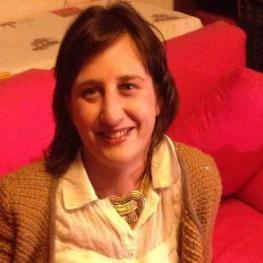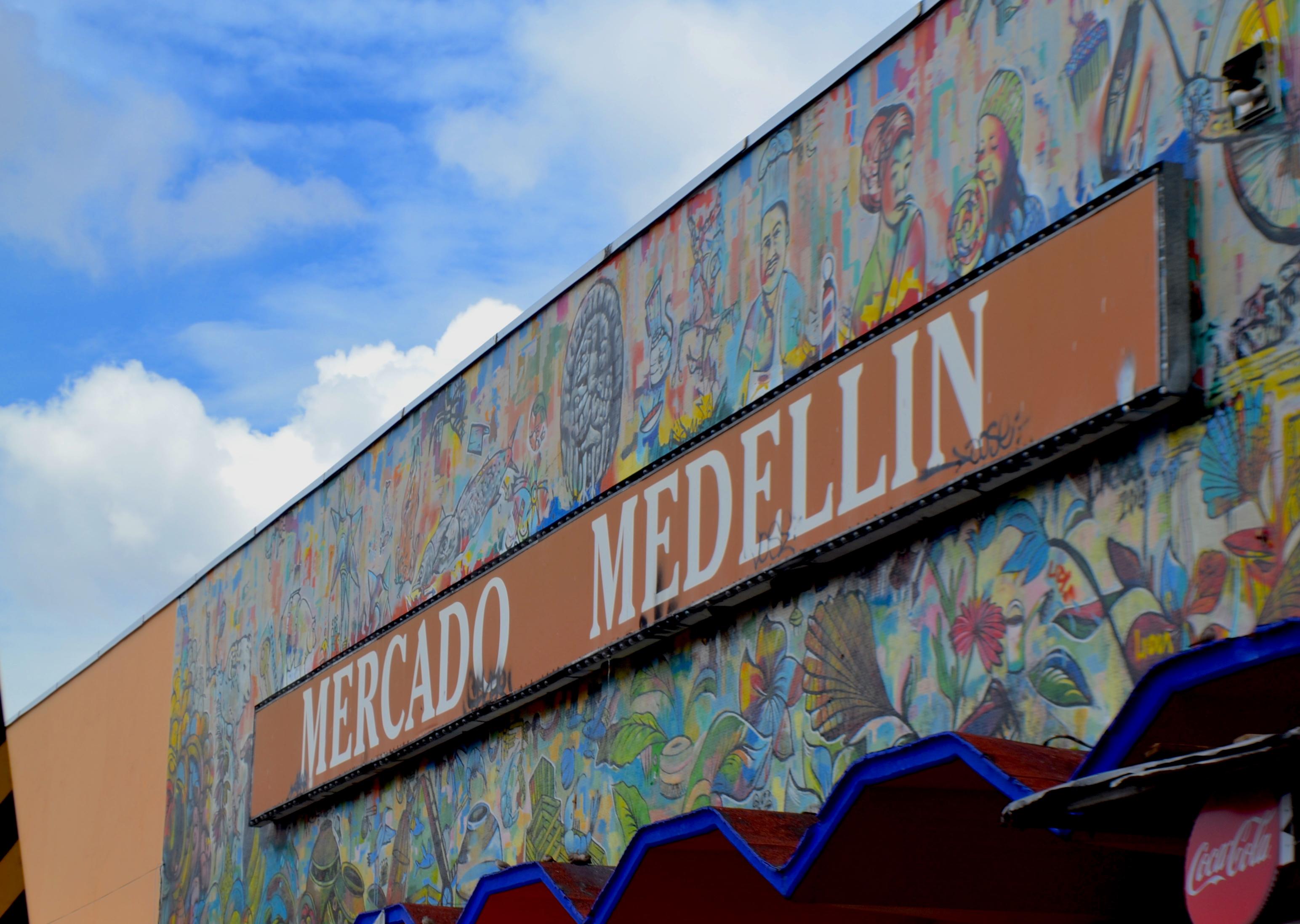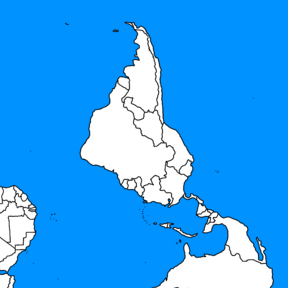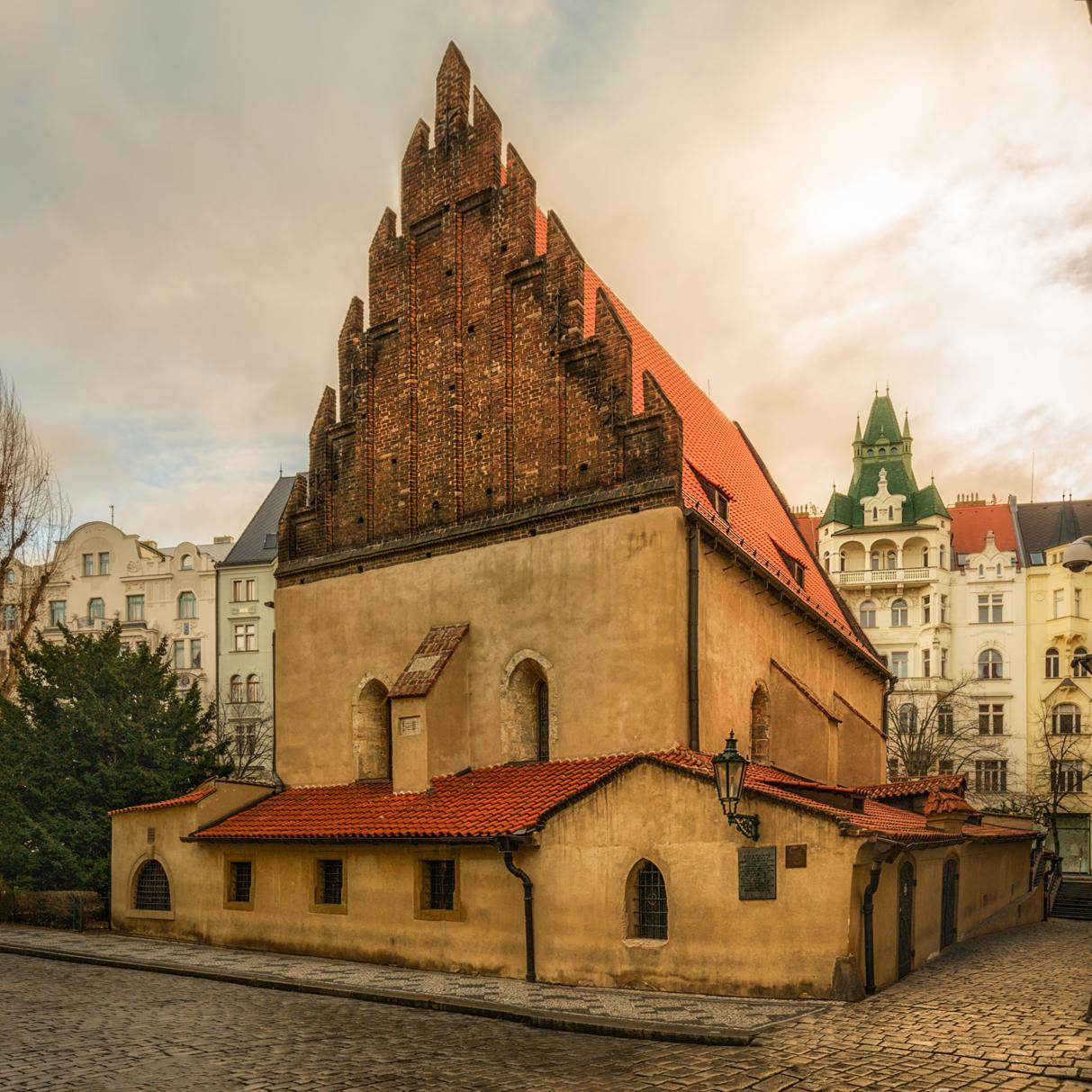Jewish Political Theology: A Conversation between Fields
Miguel Vatter’s book Living Law shows the potential unleashed when disciplinary divides are breached.
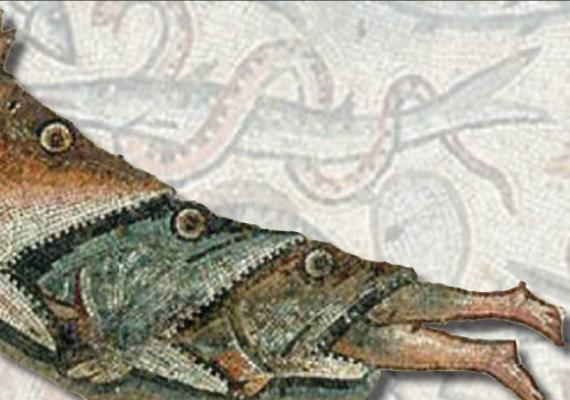
Political scientist Miguel Vatter has written a compelling new book on the philosophy of Jewish political theology, and he’s done so from outside the field of Jewish studies.
Recently, in a seminar some colleagues and I regularly convene at Universidad Adolfo Ibáñez in Santiago de Chile, Miguel told us the story behind the writing of his book. It started as a study of Leo Strauss, which pushed him to dive deeply into Jewish philosophy. This background research took on a life of its own. As a result, Vatter ended up writing two books (both Oxford 2020)—the first is Divine Democracy. Political Theology after Carl Schmitt. But the second, Living Law: Jewish Political Theology from Herman Cohen to Hannah Arendt, is a study dedicated to Jewish political philosophy in particular, from Philo to Hermann Cohen, Franz Rosenzweig, Gershom Scholem, and Leo Strauss himself, to Hannah Arendt.
After the seminar, Miguel mentioned to me that he had few opportunities to discuss his work on Jewish political theology with Jewish studies scholars—one more piece of evidence that academic conversations are too often conducted in watertight compartments.
As Miguel’s book was an important contribution, I reached out to some friends, who also happen to be well-known scholars in Jewish studies, and invited them to engage in a conversation about the book and the relationship between Jewish philosophy and political and legal theory. [You can watch the conversation on YouTube or below.]
The concept of “Jewish political theology” may raise a few eyebrows, as it seems to exist only in opposition to Carl Schmitt’s theory of sovereignty. However, it can prove quite useful to the field of Jewish studies. Jewish thought was long described as apolitical, focusing on ethics only. Miguel’s book helps to link the revolutionary dimension of Jewish theocracy to ideas of democracy, legality, and federalism.
I’m deeply grateful to my two academic and intellectual homes in recent years, which joined efforts to host this event: Penn’s Katz Center and my own Faculty of Liberal Arts, Universidad Adolfo Ibáñez. My heartfelt thanks to Steve Weitzman and Natalie Dohrmann.
